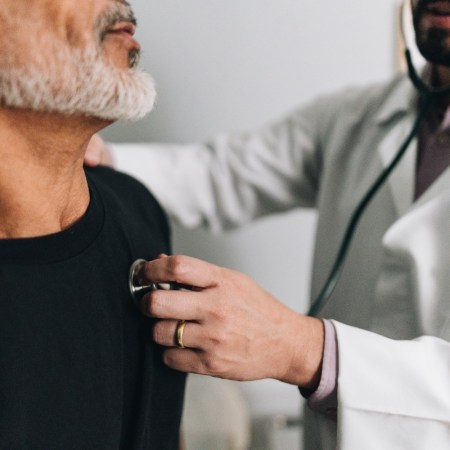In the fall of 2024, the American Stroke Association released an updated set of guidelines with the intention of improving stroke prevention. They weren’t the only group exploring ways to reduce the annual number of strokes across the nation; a set of guidelines released earlier this year from the U.S. Department of Health and Human Services challenged the conventional wisdom around moderate drinking and stroke risk.
These aren’t the only high-profile efforts to both update guidelines for reducing the risk of strokes and increase awareness of the high cost of strokes taking place on both a national and global level. Last week saw the announcement of a new initiative, the Global Stroke Action Coalition, described as a “multisector advocacy movement.” The organization issued its own guidelines for stroke prevention and is using the upcoming High-Level U.N. Meeting on NCDs — set for this September — as a way to raise awareness of strokes and their effects.
The coalition also released a document, Stroke Action Now, that takes a global perspective on the issue and emphasizes the factors that can be mitigated through what the report describes as “secondary prevention.” Among its recommendations are that policymakers include input from both stroke survivors and caregivers.
Lund University professor Bo Norrving, the co-chair of the coalition, spoke of the importance of setting national strategies for dealing with strokes. “Committing to the development of National Stroke Plans should be a key priority for governments as part of their forward strategy for prevention and control of NCDs,” he said in a statement. “We can’t afford to wait another 30 years to turn this around. Millions of lives depend on governments taking action now.”
Why Does Heart Disease Lead to Bad Sleep? Scientists Think They Know.
A new study offers a promising direction for further researchThe report covers a lot of ground, from the international scope of strokes — it includes testimonials from residents of Bhutan, Canada and Rwanda — to their economic effects. As the U.N.’s September meeting draws closer, we’ll have a better sense of how many of the coalition’s recommendations will be turned into policy. It’s something that could have a significant effect on global health in the years to come.
The Charge will help you move better, think clearer and stay in the game longer. Subscribe to our wellness newsletter today.



















